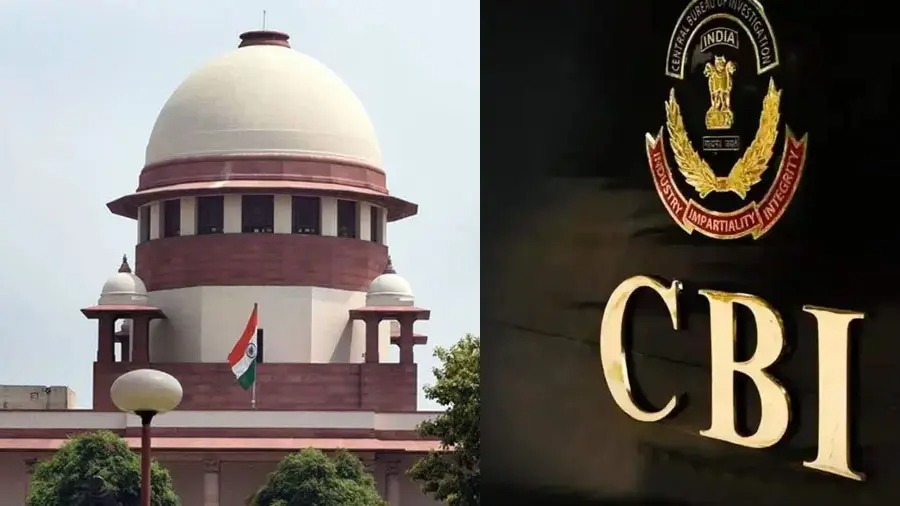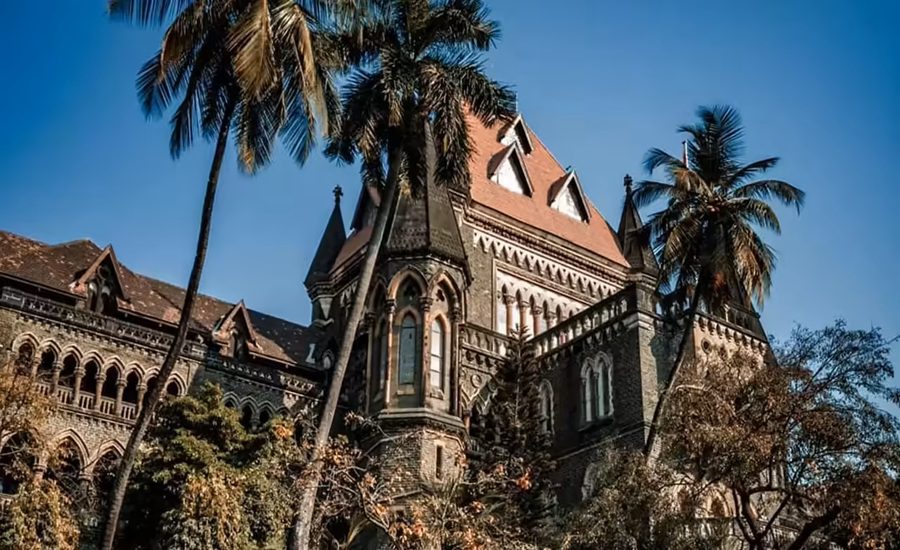Jawahar Lal Gupta, J.@mdashThe 186 Petitioners in this case are working on work-charge basis, in the Punjab Mandi Board. They pray, for the issue of a writ of mandamus to the Respondents for the payment of bonus for the years, 1988-89, 1989-90 and 1990-91.
2. A written statement has been filed on behalf of the Board in which it has been inter-alia averred that the State Government is a necessary, party, and that the Petitioners have an effective alternative. remedy by way of a revision petition u/s 42 of the Punjabi Agricultural Produce Markets Act, 1961 (hereinafter referred to as ''the Act'') before the State Government. It has been further averred that the Board has paid ex-gratia grant and not bonus to the various employees including those appointed on adhoc basis. It has been also averred that the State Government had,--vide its letter dated January 9, 1991 (Annexure P. 3) according approval u/s 3(13) of the Act for the payment of Ex-gratia grant at the rate of 8.33 percent to the employees of the Board and Market Committees covered under Bonus Act for the year 1989-90. It has been further averred that the State Government is the competent authority to sanction budget of the Board and it cannot incur any expenditure without the approval of the Government and the sanction in the budget. It has also been stated that the case for payment of ex-gratia grant to the work charged employees was referred to the State Government,--vide letter dated March 12, 1991 and various reminders have been issued. The matter is stated to be still under the consideration of the State Government. On these premises, it is claimed that the writ petition deserves to be dismissed.
3. I have heard Mr. Paramjit Singh Patwalia, learned Counsel for the Petitioners and Mr. Jatinder Singh Mann, learned Counsel for the Respondent-Board.
4. Employees working under the State Government or with the instrumentalities of the State are entitled to not only ''equal pay for equal work'' but also to parity of treatment as guaranteed under Articles 14 & 16 of the Constitution. Unless it is shown by reasonable and cogent evidence that there is a reasonable basis for classification and differential treatment between the employees working on regular basis and those working on work charge basis, all the employees are entitled to the equality of opportunity and parity of treatment in the matter of pay, allowances and various other monetary benefits, like bonus or ex-gratia grant. There is no rule or law authorising the Board to pay bonus or give some ex-gratia payment to the regular employees and to deny it to those working on work charge basis. Neither in the written statement nor during the hearing any provision has been pointed out where under the Respondent-board may be entitled to treat the persons working on work charge basis differently front those employees working on regular basis in so far as the grant of various monetary benefits is concerned.
5. Mr. Mann, however, contends that under the provision of Section 3(13) of the Act, the Board has to submit the budget for the approval of the Government and unless the budget is duly approved, the Board cannot incur any expenditure.
6. It is apt to notice the provision of Section 3(13) of the Act as under:
3(13). Subject to rules made under this Act, an estimate of the annual income and expenditure of the Board for the ensuing year shall be prepared and passed by the Board and submitted every year for the sanction of the State Government not later than the prescribed date. The State Government shall sanction and return the budget within two months from the date of the receipt thereof. If it is not received within two months it shall be presumed to have been sanctioned.
7. A perusal of the above provision shows that the Board has to submit an estimate of the annual income and expenditure to the State Government which in turn is bound to sanction and return it within two months from the date of its receipt. If it is not received within two months, proposal of the Board is presumed to have been sanctioned by the Government. The provision appears to have been made to provide a limited financial control to the State Government over the Board. Under this provision, the Board has to prepare an estimate of its income and expenditure. It has to be sanctioned by the Government within two months. If it fails to do the needful, by fiction of law, the proposal of the Board is deemed to have been sanctioned by the State Government.
8. The duty to submit the proposal is that of the Board. In the present case, the Board was bound to have submitted the estimate of expenditure by taking into account these payments etc. which were required to be made to the persons working on work charge basis. It has not been shown that the Board has factually not included this expenditure in its annual budget or in the proposal submitted to the Government for the purpose of sanction. If it did not, the Petitioners are not to blame. The duty to pay bonus or the ex-gratia payment is that of the Board.
9. Mr. Mann contends that a perusal of the letter dated March 12, 1991 sent by the Board to the Government shows that the Board was seeking clarification "whether the said ex-gratia grant is also admissible to the work-charge employees or not?" Seeking a clarification by the Board does not show that no provision had been made in the estimate of expenditure by the Board.
10. A perusal of the letter dated July 26, 1989 (Annexure P. 2) shows that the State Government had conveyed a sanction "to the payment of Ex-gratia grant at the rate of 8.33 percent to the employees of the Punjab Mandi Board and Market Committees in State, including the deputationists and officers drawing salary up to and above Rs. 2,500 for the period from 1st April, 1988 onwards."
11. A perusal of this decision clearly entitles the Petitioners to the relief claimed by them. Mr. Mann, however, contends that in view of the letter dated December 26, 1989, issued by the Local Audit Department, only an employees "who has worked in the establishment, for not less than thirty working days and employed on a salary no exceeding rupees 2,500 per month is eligible for bonus u/s 2(13) read with Section 8 of the Payment of Bonus Act, 1965". Mr. Mann submits that the Petitioners are not working in the establishment. Establishment has reference to the Mandi Board. Expression ''establishment'' has been duly defined in the Payment of Bonus Act, 1965. The establishment can either be in the private sector or in the public sector. All those establishments which are not covered by the definition of an establishment in the public sector are establishments in private sector. All employees working in those establishments are entitled to the payment of bonus in accordance with the provisions of the Act. It has not been shown as to how the Petitioners are ineligible for the grant of payment of bonus or the ex-gratia payment even in accordance with the letter dated December 26, 1989 (Annexure P.8) which is only an inter-departmental communication. The opinion expressed by the Examiner-cum-Additional Director. Local Audit Department, cannot, override the sanction accorded by the Government,--vide its letter dated July 26, 1989.
12. Accordingly, it is held that the Petitioners, who are working on work-charge basis, are entitled to parity of treatment with others holding similar post on regular/adhoc basis. The are entitled to the Payment of monetary benefits like ex-gratia payment, bonus etc. as claimed by them in this petition.
13. Accordingly, the writ petition is allowed. In the circumstances of the case, the parties are left to bear their own costs.

